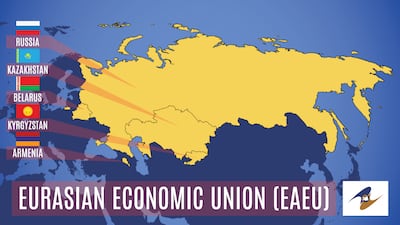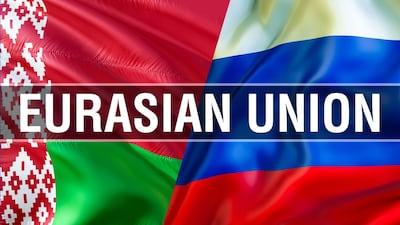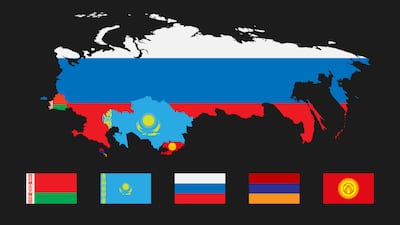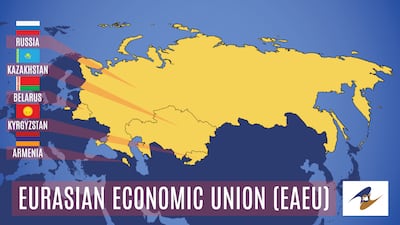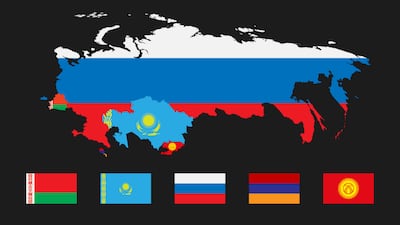EAEU
After a five-year regulatory transition, access to the Eurasian Economic Union market for new medtech products must now take place via the EAEU system only. But having got off to a slow start, further system transitional measures are now under discussion.
The Eurasian Union’s medical device regulatory system, many years in the planning, becomes mandatory in January 2022. But new amendments posted in late summer allow for national registrations to remain valid after the deadline. Moscow-based consultancy RegMT explains the background, and the likely path ahead.
There are just 4.5 months left until the new harmonized Eurasian Economic Union medtech system becomes mandatory, signifying major changes in regional market access. EAEU member Russia is meanwhile strengthening its post-market medtech controls.
Russia and Kazakhstan, two prominent members of the Eurasian Economic Union, are continuing to build national medtech regulatory infrastructures, in the shadow of the forthcoming harmonized EAEU system, of which a postponement beyond 2021 has not been ruled out.
The mood among various EAEU member states is that the deadline for system adoption should be extended beyond the end of 2021. So far, the authorities have not budged, though progress on system infrastructure continues to be made, according to local regulatory expert Alexey Stepanov.
The probability of a postponed entry-in-force of the single Eurasian Economic Union system of medtech regulation has increased over the course of this year, according to speakers at the 2018 Informa KNect 365 Medtech Summit. But the drive for stronger local medtech industries continues, leaving foreign manufacturers with market-access problems to address.
Various economies of the Commonwealth of Independent States (CIS) and the Eurasian Economic Union (EAEU) are pressing ahead with medtech regulatory changes nationally and/or regionally, which can only be good for the delivery of quality care over the long term. But a question mark still hangs over the official start date of the EAEU medtech regulatory system; a formal postponement may be decided soon.
The January 2022 entry-into-force date of a Eurasian Economic Union-wide regulatory system dominates thinking in Russia and the other EAEU member states. But differential progress has meant that a deadline extension is now working its way onto the agenda, observes Sergey Vanin, head of IMEDA, the Russian industry association.
Harmonization of medical device regulation in the five member-state Eurasian Economic Union has advanced considerably in recent months – on the sticky issue of Quality Management Systems (QMS) and on the readiness of Russian labs to sign up to the system. There is no turning back now that the system has been declared user-ready.
